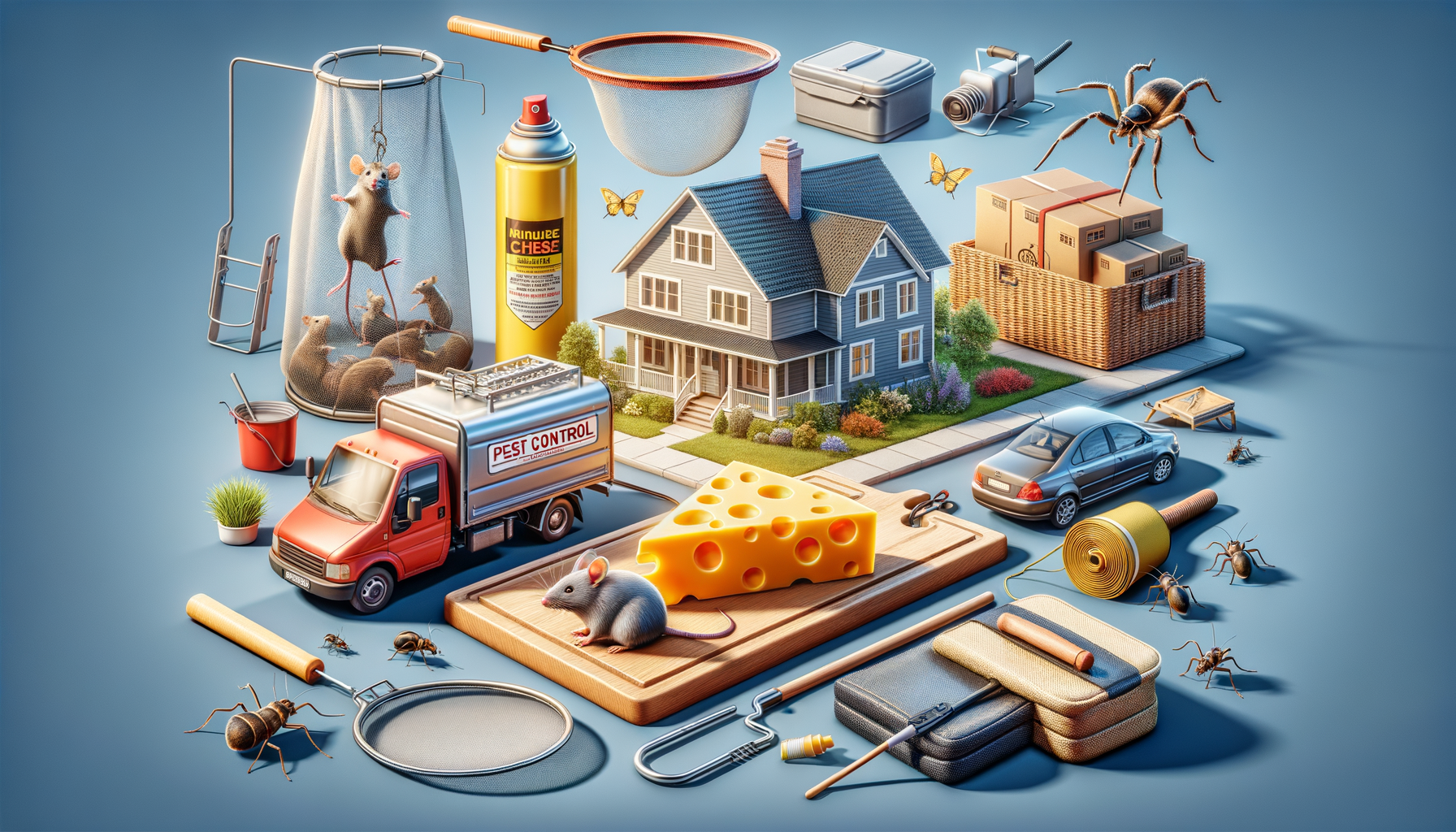
How to Get Rid of Pests
Understanding the Importance of Pest Control
Pest control is a critical aspect of maintaining a healthy and comfortable living environment. Pests such as rodents, insects, and other unwanted creatures can cause significant damage to homes and pose health risks to humans and pets. Understanding the importance of pest control is essential for anyone looking to protect their property and loved ones.
One of the primary reasons pest control is vital is the health risks associated with pests. Many pests carry diseases that can be transmitted to humans and animals. For example, rodents are known to spread viruses and bacteria, while insects like mosquitoes can transmit diseases such as malaria and dengue fever. Effective pest control measures help reduce these risks by eliminating pests from your environment.
Another significant reason for pest control is property protection. Termites, for instance, can cause extensive damage to wooden structures, leading to costly repairs. Similarly, rodents can chew through electrical wires, posing fire hazards. By implementing pest control strategies, you can prevent these damages and save money in the long run.
In addition to health and property concerns, pests can also cause psychological distress. The presence of pests in your home can lead to anxiety and discomfort, affecting your overall quality of life. Regular pest control helps maintain a peaceful and stress-free living environment.
Effective Pest Control Strategies for Your Home
Implementing effective pest control strategies is crucial for keeping your home free from unwanted intruders. One of the most effective methods is maintaining cleanliness and hygiene. Pests are attracted to food and shelter, so keeping your home clean and free of clutter is essential.
Start by ensuring that all food is stored in sealed containers and promptly cleaning up spills and crumbs. Regularly take out the trash and keep your kitchen and dining areas clean. Additionally, declutter your home to eliminate potential hiding spots for pests.
Another effective strategy is sealing entry points. Pests often enter homes through small cracks and openings. Inspect your home for gaps around windows, doors, and utility lines, and seal them with caulk or weatherstripping. This will help prevent pests from gaining access to your home.
Incorporating natural deterrents is also a popular pest control strategy. Certain plants, such as lavender and mint, are known to repel pests. Consider planting these around your home to deter insects naturally. Additionally, essential oils like peppermint and eucalyptus can be used as natural pest repellents.
Finally, consider professional pest control services for more severe infestations. Pest control experts have the knowledge and tools to effectively eliminate pests and prevent future infestations.
Maintaining a Pest-Free Environment
Once you have successfully implemented pest control measures, maintaining a pest-free environment is crucial. Regular inspections and maintenance are key to preventing future infestations.
Conduct regular inspections of your home and garden to identify any signs of pest activity. Look for droppings, chewed wires, or damaged wood, as these are common indicators of a pest problem. Early detection allows you to address issues before they become severe.
Maintain your garden by trimming overgrown bushes and trees, as these can provide shelter for pests. Remove any standing water, as it attracts mosquitoes and other insects. Additionally, keep your lawn mowed and free of debris to reduce hiding spots for pests.
Another important aspect of maintaining a pest-free environment is educating yourself and your family about pest prevention. Teach children about the importance of cleanliness and avoiding behaviors that attract pests, such as leaving food out or creating clutter.
Finally, stay informed about new pest control methods and technologies. The pest control industry is continually evolving, and staying updated can help you implement the most effective strategies for your home.